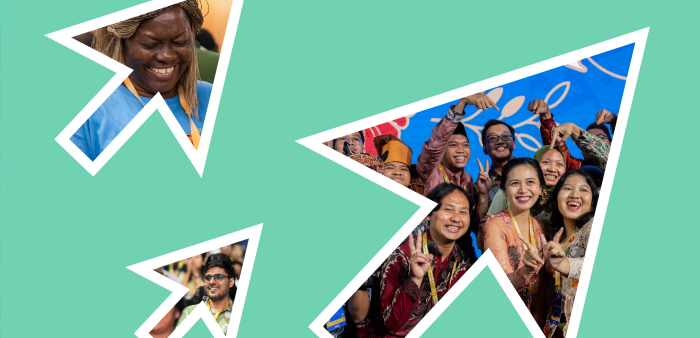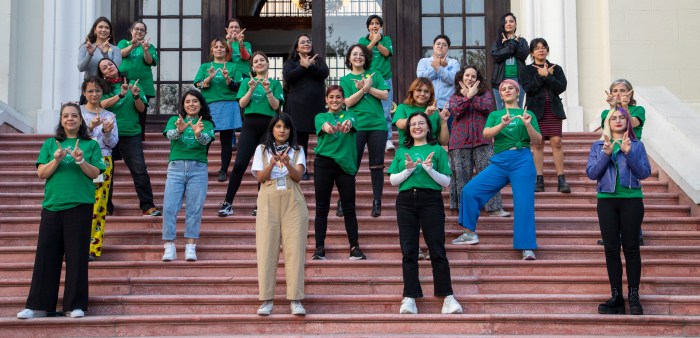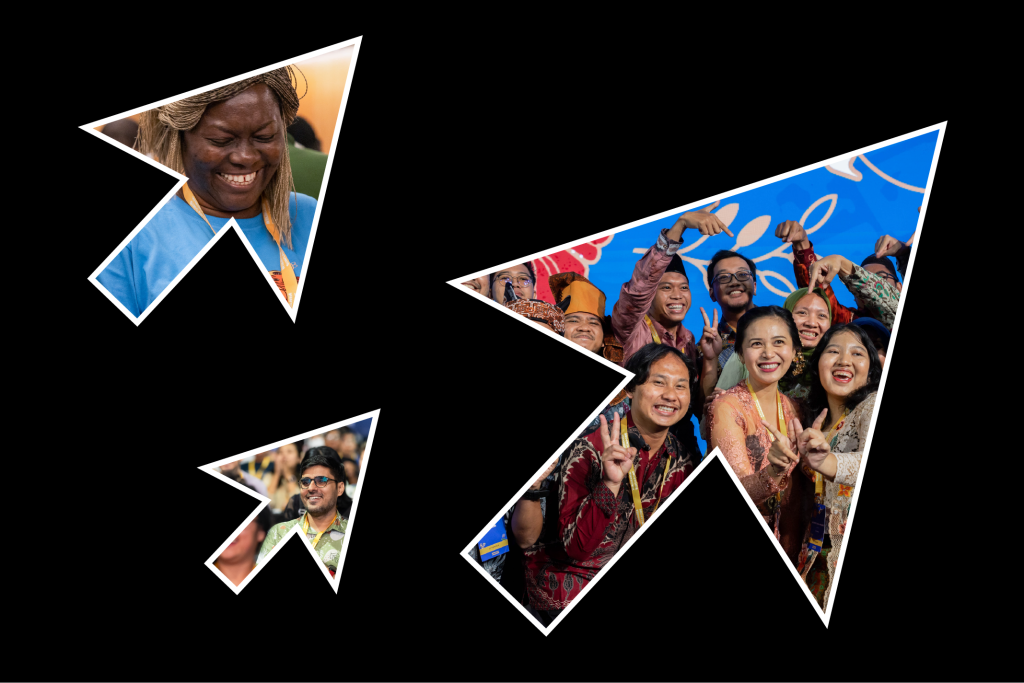The Global Digital Compact is a unique and pivotal opportunity to shape our digital world in a manner that advances the public interest and supports sustainable development for everyone, everywhere.
We, the signatories of this open letter, call on UN Member States to embrace a positive vision for the internet’s future that supports and empowers diverse communities everywhere to build and operate free and open knowledge projects. The Wikimedia projects, including Wikipedia, the online encyclopedia, provide the world with the largest free and open, multilingual, intercultural, universally accessible repository of educational materials ever created. The volunteer-run Wikimedia projects have formed a community-led ecosystem that champions information integrity. They serve as digital public infrastructure for openly licensed, neutral, encyclopedic content in over 300 languages.
Wikipedia’s experience of over two decades has taught us that the internet needs to be open, global, interoperable, and inclusive in order to serve all of humanity. To that end, three essential commitments should be included in the text of the Global Digital Compact:
For more than two decades, volunteer communities contributing in the public interest to free and open knowledge projects such as Wikipedia, which is supported by the nonprofit Wikimedia Foundation, have developed systems of self-governance for content curation and moderation. The purpose of these systems is to ensure that the information created and shared on the projects is reliable and well-sourced.
The current regulatory discussions often focus on challenges posed by for-profit, top-down models of digital governance, and do not sufficiently address the positive impact of public interest communities establishing participatory and collaborative models of self-governance. Community-governed online spaces empower contributors to improve the reliability of content in the public interest by designing context-appropriate policies and practices that emphasize values such as safety and inclusivity.
We believe that the Wikimedia projects are examples of such online spaces. Global free and open knowledge projects such as Wikipedia should not be rare: The international community should support, through public policy, funding, and other resources, a world where diverse online communities can build and govern their own public interest projects, designing them to be equitable and contributing to a healthier online information ecosystem.
As regulations for online environments evolve, we need to ensure these frameworks foster an internet where public interest projects thrive, and new spaces of cultural and educational exchange that are responsible, ethical, and inclusive can be born.
Wikipedia and other public interest projects that provide access to knowledge are a digital public good built on a robust digital commons. These projects support people’s access to verified and reliable information and expertise, thereby serving the public interest.
Digital public goods such as Wikipedia depend on a thriving public domain and online information ecosystem featuring free and openly licensed content.
Publicly funded information and knowledge should be made publicly available under a free and open license for everyone to use and reuse. The public domain should further be protected in the digital age by ensuring, for instance, that no new exclusive rights will be awarded for the digitization of existing works.
Platforms developing digital public goods like Wikipedia and the other Wikimedia projects also support multilingual and intercultural online spaces, which are key to developing inclusive online spaces and advancing the Sustainable Development Goals (SDGs).
We believe that AI and ML tools can advance many of the SDGs when they enable people to access and verify knowledge. In fact, the Wikipedia community of volunteers has built and deployed ML systems for many years to assist the curation and moderation of reliable information. To serve the public interest, the risks that these tools can also bring must be balanced by developing them in accordance with international human rights standards. Participation in the development of these tools should be managed through transparent and open processes controlled by the communities that the tools are meant to assist. Ultimately, AI and ML systems can only be reliable if they are trained on well-sourced knowledge, created and moderated by humans who receive appropriate attribution for their contributions.
The full potential of the internet—enabling collaboration, broadening access to knowledge, and advancing social progress—depends on a united effort from governments, policymakers, and civil society to protect public interest spaces online.
The Global Digital Compact must safeguard the best of what the internet already offers: online communities working collaboratively, spaces that are protective of human rights, and platforms led by volunteers making digital public goods—including diverse, verifiable knowledge—accessible to everyone, everywhere.
Signatures
- Wikimedia Australia
- Wiki Movimento Brasil
- Wikimedians of the Caribbean User Group
- Wikimedia Chile
- Wikimedia Czech Republic
- Wikimedia Deutschland
- Wikimedia Europe
- Wikimedia Georgia
- Wikimedia Ghana User Group
- Wikimedia User Group Nigeria
- Wikimedia Sverige
- Wikimedia UK
- The Wikimedia Foundation
*To sign the letter, please complete this Google Form. For details on how the information you share in this form will be handled, see this privacy statement.
Co-signatories
| Number | Signature | Country | Organization |
|---|---|---|---|
| 1 | This is a test | Argentina | This is a test |
| 2 | This is a test | United States | This is a test |
| 3 | This is a test | France | This is a test |
| 4 | This is a test | Japan | This is a test |
| 5 | This is a test | Paraguay | This is a test |
Related content
Wikimedia Foundation and global communities call on UN Member States to protect Wikipedia and other public interest projects in the Global Digital Compact
Read more
Visit our Advocacy page and learn more about our initiatives
Learn more

